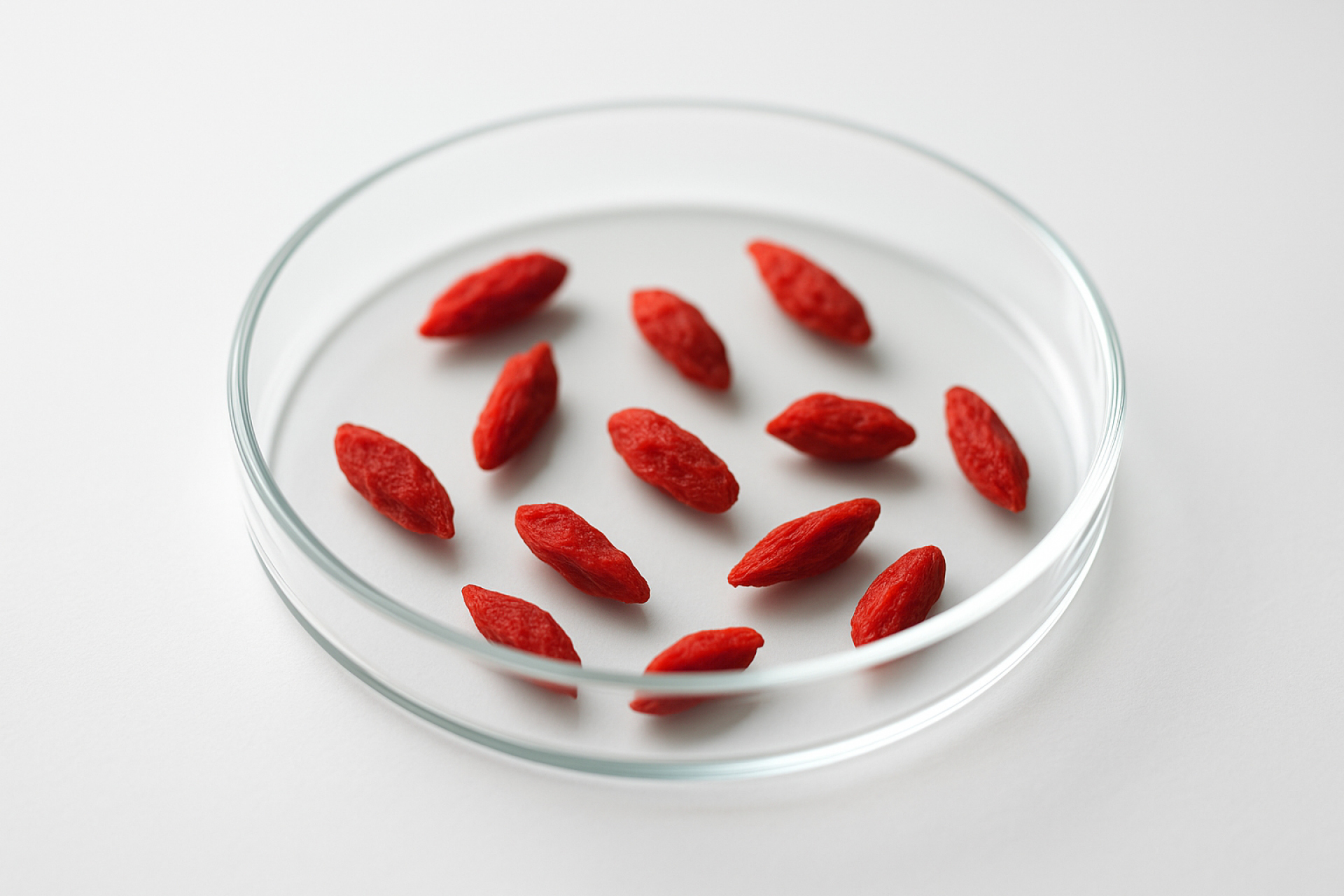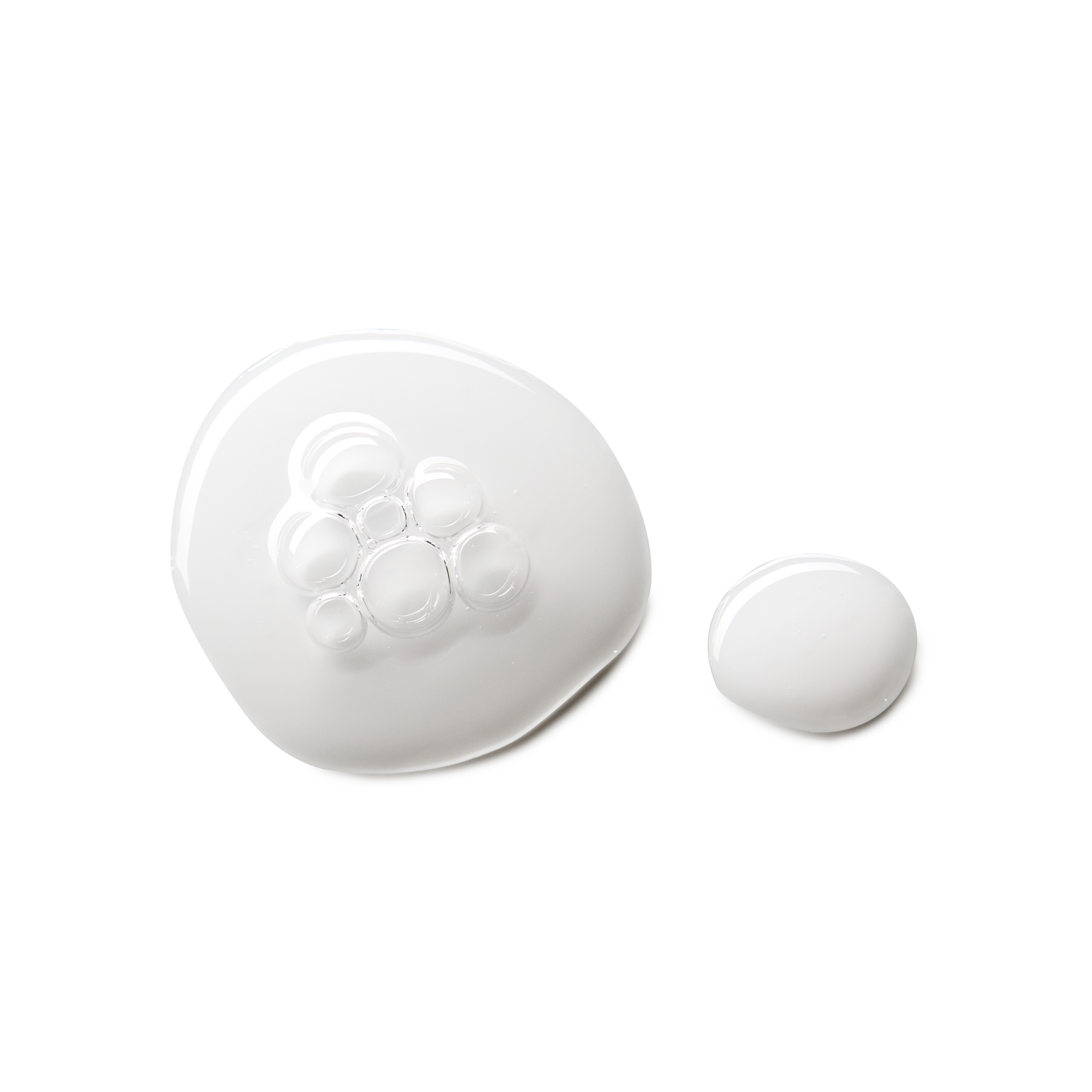
What exactly are exosomes?
Exosomes are tiny cell vesicles that are released by mesenchymal stem cells, among others. They contain important messenger substances such as proteins, lipids and RNA and therefore play a key role in intercellular communication and are involved in essential biological processes such as tissue repair, collagen formation and anti-inflammation. Studies also show that exosomes improve the absorption of active ingredients - such as peptides and amino acids - and intensify their effect in the skin. (Thakur et al., 2023; Karabay et al., 2025)
How do exosomes work in cosmetics?
Exosomes activate regeneration even when natural healing processes are impaired - for example in diabetes (Tienda-Vázquez et al., 2023). Their effect is well documented in: Anti-aging and wrinkle reduction, skin rebuilding and regeneration, but also in hyperpigmentation, acne, psoriasis and scars, vitiligo and hair growth stimulation. (Thakur et al., 2023; Karabay et al., 2025).
Technology behind the Active Exosome Serum
Our Active Exosome Serum is based on the active ingredient PhytoCellTec™ Goji, a stem-cell culture extract derived from the goji berry. This ingredient supports the skin by stimulating the body’s own mesenchymal stem cells to increase exosome release — resulting in enhanced collagen synthesis and improved skin structure. (Mibelle Biochemistry, 2022a & 2022b)
Plant-based exosomes vs. human exosomes
Its mode of action resembles that of medical products using human exosomes; however, instead of direct cellular repair it works via stimulation of the skin’s cells — thus the onset is more gradual but still effective. For cosmetic applications, the plant-based approach offers a scientifically validated, legally compliant and highly tolerable alternative with deep-acting regenerative benefits.
Karabay, A. Z., Barar, J., Hekmatshoar, Y., & Rahbar Saadat, Y. (2025). Multifaceted Therapeutic Potential of Plant-Derived Exosomes: Immunomodulation, Anticancer, Anti-Aging, Anti-Melanogenesis, Detoxification, and Drug Delivery. Biomolecules, 15(3), 394. https://doi.org/10.3390/biom15030394
Mibelle Biochemistry. (2022a). PhytoCellTec™ Goji: Boosting exosome communication of mesenchymal stem cells [Technical data sheet]. Mibelle Group Biochemistry. Retrieved from https://mibellebiochemistry.com/media/2066/download
Mibelle Biochemistry. (2022b). PhytoCellTec™ Goji – In vitro and in vivo study results presentation. Panakeia / Mibelle Biochemistry. Retrieved from https://www.panakeia.sk/user/related_files/ppt_phytocelltec_exosomes.pdf
Thakur, A., Shah, D., Rai, D., Parra, D. C., Pathikonda, S., Kurilova, S., & Cili, A. (2023). Therapeutic Values of Exosomes in Cosmetics, Skin Care, Tissue Regeneration, and Dermatological Diseases. Cosmetics, 10(2), 65. https://doi.org/10.3390/cosmetics10020065
Tienda-Vázquez, M. A., Hanel, J. M., Márquez-Arteaga, E. M., Salgado-Álvarez, A. P., Scheckhuber, C. Q., Alanis-Gómez, J. R., Espinoza-Silva, J. I., Ramos-Kuri, M., Hernández-Rosas, F., Melchor-Martínez, E. M., & Parra-Saldívar, R. (2023). Exosomes: A Promising Strategy for Repair, Regeneration and Treatment of Skin Disorders. Cells, 12(12), 1625. https://doi.org/10.3390/cells12121625



